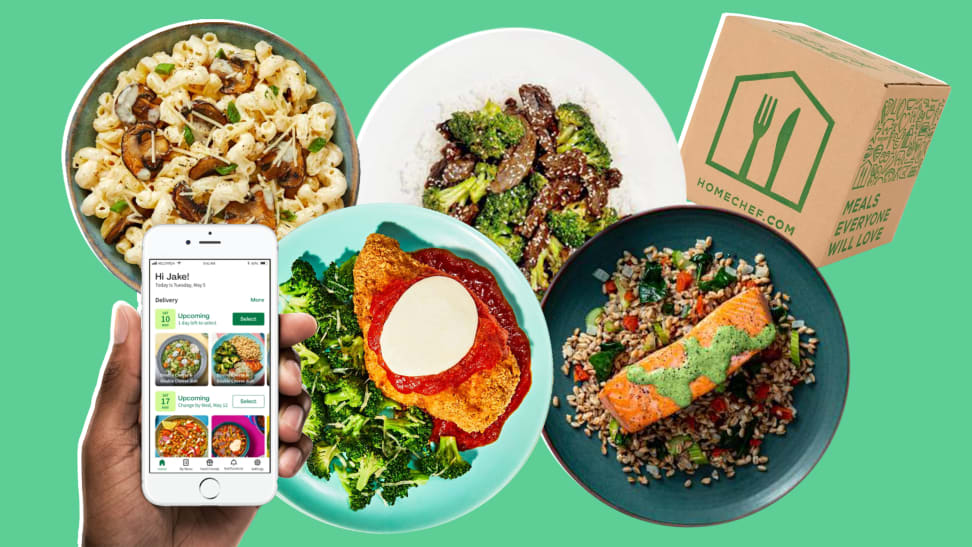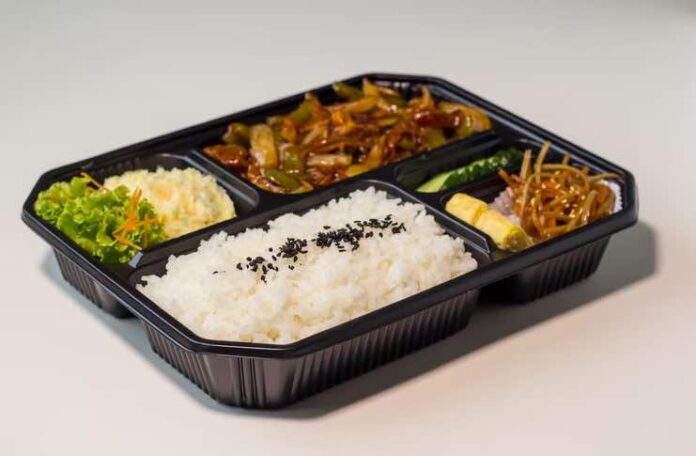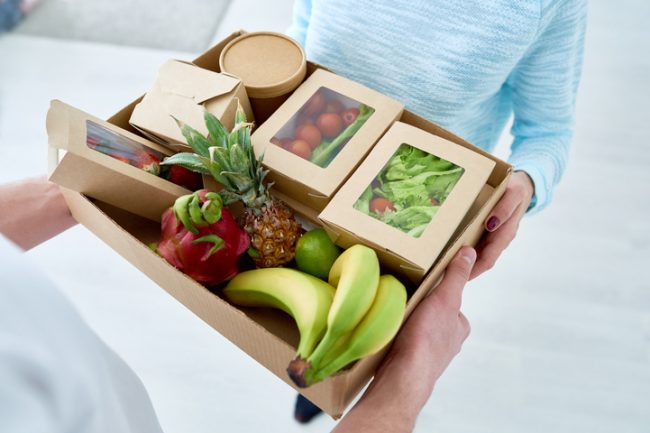Are Meal Kits Worth It? A Comprehensive Exploration
Whatever the choice, it's essential to be informed and choose what aligns best with one's lifestyle and values.
Whatever the choice, it's essential to be informed and choose what aligns best with one's lifestyle and values.

When it comes to the evolvinglandscape of the food industry, meal kits have taken a substantial slice of the pie.
Subscription-based services such as Blue Apron, HelloFresh, and many others offer the promise of convenience, healthier eating options, and gourmet experiences right at home.
But the question on many consumers’ minds remains: Are meal kits really worth it?
Let’s dive into this exploration, weighing the pros and cons.
Before we delve into the merits and demerits of meal kits, it's essential to understand their surge in popularity.
Originating as a niche service for those with limited time or culinary skills, meal kits have exploded in popularity, catering to a broad range of consumers—from busy professionals to families looking for diverse meal options.

One of the primary attractions of meal kits is the convenience they offer. No need for meal planning, grocery shopping, or measuring out ingredients.
Everything you need for a meal comes packaged in one box, delivered straight to your doorstep.
Most meal kit companies focus on offering healthy and diverse menu options. This is especially beneficial for those looking to eat a balanced diet without the hassle of researching and planning meals.
Overeating can be a concern when cooking at home, especially when recipes are designed for larger servings.
Meal kits provide portion-controlled servings, which can assist in weight management.
For budding chefs or those wanting to expand their culinary repertoire, meal kits can be a wonderful way to learn.
They offer step-by-step instructions and introduce users to ingredients and cuisines they might not have explored otherwise.

One of the major deterrents for many considering meal kits is the cost. When broken down per meal, they can often be more expensive than sourcing ingredients and cooking from scratch.
With convenience comes packaging, and lots of it. The environmental footprint of meal kits is considerable, from the box it's shipped in to the individual wrapping of ingredients.
While meal kit companies are expanding their offerings, there are still limitations. Those with strict dietary needs or allergies might find options lacking.
Not all ingredients provided in a meal kit might be used, leading to food wastage. Similarly, if a consumer does not enjoy a particular meal, the likelihood of wasting it increases.

Whether or not meal kits are 'worth it' largely depends on individual needs and priorities.
If you're a busy professional with little time to shop or plan meals, the convenience of a meal kit might outweigh the cost.
Similarly, for those looking to expand their culinary skills without the pressure of meal planning, meal kits can be invaluable.
If minimizing your carbon footprint is a priority, the packaging waste of meal kits might be a dealbreaker.
However, some companies are making strides in offering recyclable or compostable packaging.
Those with strict diets or allergies should thoroughly research meal kit offerings to ensure they cater to their needs.

Meal kits, like any service, come with their set of advantages and disadvantages.
Their worth is subjective and dependent on individual needs.
While they provide undeniable convenience and a fresh approach to home-cooked meals, the costs—both monetary and environmental—cannot be ignored.
For many, the middle ground might be to use meal kits occasionally, enjoying the benefits they offer without wholly relying on them.
Whatever the choice, it's essential to be informed and choose what aligns best with one's lifestyle and values.
Your cart is currently empty.
Start Shopping